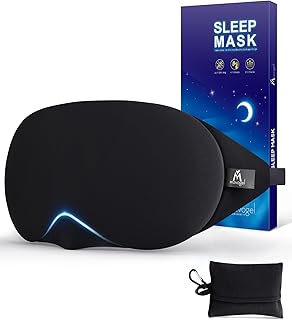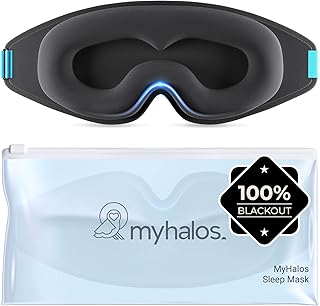In a pilot study conducted by researchers at Trinity Western University in Canada, the focus was on evaluating sleep quality and behaviors in varsity athletes. Sleep hygiene practices play a crucial role in the overall health and performance of athletes. The study aimed to provide a comprehensive assessment using two validated sleep questionnaires tailored for athletes: the Athlete Sleep Screening Questionnaire (ASSQ) and the Athlete Sleep Behavior Questionnaire (ASBQ).
The study included 64 varsity athletes, with a majority being Caucasian and an average age of 20.3 years. Findings revealed that 51% of the athletes met the recommended sleep duration of 7-9 hours, and 54% reported being somewhat satisfied with their sleep quality. However, the study identified several factors that could hinder quality sleep, such as emotional/cognitive processing of sport-related issues, late-night training, and the use of electronic devices before bedtime.
Notably, the study found that a significant proportion of athletes exhibited poor sleep behaviors, with 62% categorized as having “poor” sleep behaviors according to the ASBQ. Additionally, the ASSQ classified 37% of participants as having moderate to severe clinical sleep problems. The use of sleep medication was reported by 19% of athletes, with a higher prevalence among females.
The study highlighted the importance of addressing sleep difficulties and promoting optimal sleep hygiene in university athletes. Strategies such as sleep workshops, mindfulness training, and education on sleep-promoting behaviors could be beneficial in improving sleep quality and quantity among athletes. While the study had limitations, such as reliance on self-reported data, the findings underscored the need for further research and interventions to enhance the sleep health of varsity athletes.
In conclusion, the study shed light on the prevalence of suboptimal sleep hygiene practices among varsity athletes and emphasized the potential impact on their health and performance. By integrating validated sleep questionnaires and targeted interventions, universities and athletic programs can support athletes in optimizing their sleep habits for overall well-being and success in their athletic endeavors.
📰 Related Articles
- Study Reveals Factors Impacting Adolescent Menstrual Hygiene Practices
- Study Reveals Disparities in Menstrual Hygiene Practices in Nepal
- Study Reveals Challenges in Menstrual Hygiene Practices Among IDPs
- Survey Reveals Gender Disparities in Personal Hygiene Practices
- Study Reveals Women in Bangladesh Embrace Menstrual Hygiene






